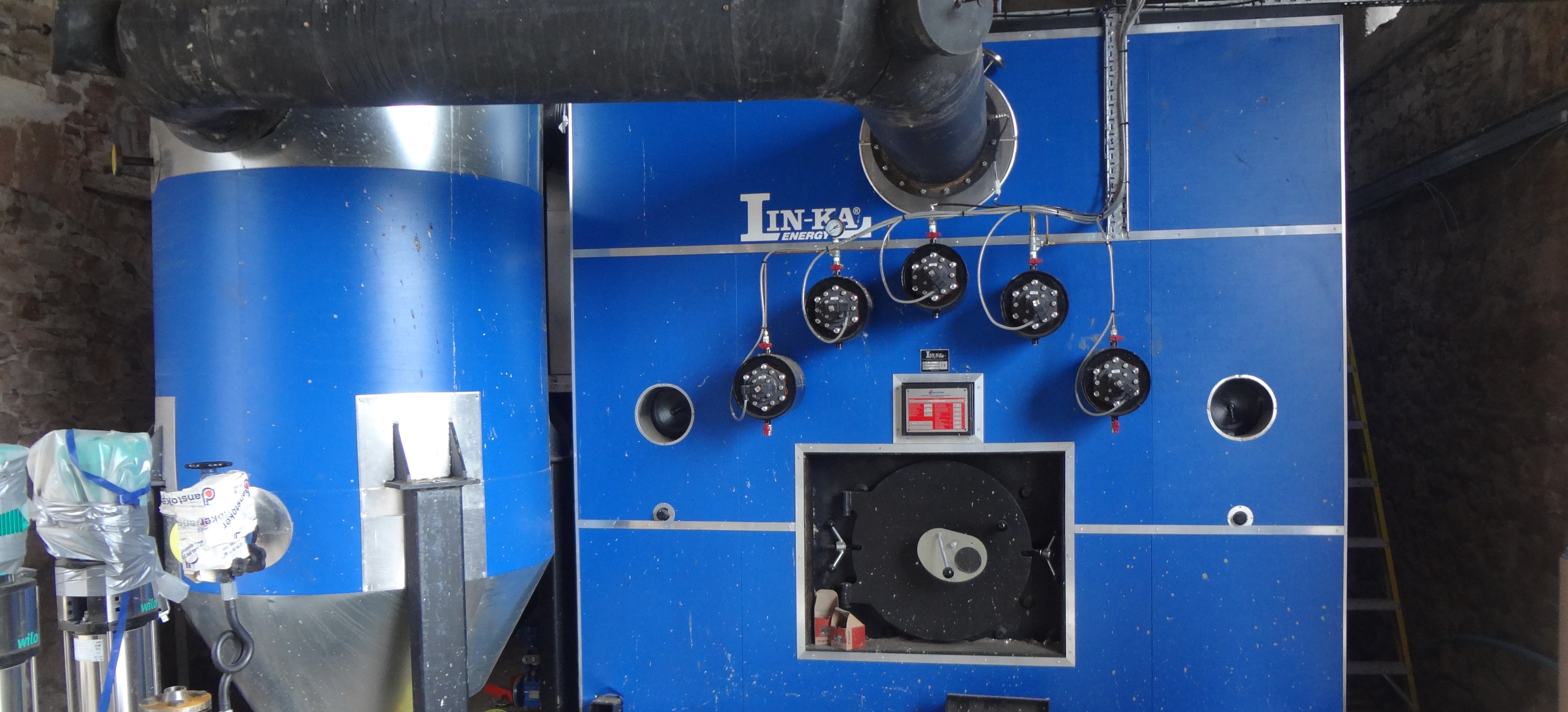The SFR approach to sustainability reporting is to be as accurate and transparent as possible. This is really important from the biomass industry standpoint as we try and win friends with environmental groups and the general public. Our view is that to fully comply with the sustainability criteria and, therefore, meet your ongoing RHI obligations, your greenhouse gas emissions (GHG) figure needs to be as accurate as possible.

The Renewable Energy Association has just announced that the Non-Domestic Renewable Heat Incentive regulatory reforms have been withdrawn from parliament due to technical issues.
The reforms are expected to be re-laid before parliament as soon as possible, after the Easter recess. Parliamentary process is still anticipated to take 6-8 weeks from when the reforms are re-laid.

Many non-wood fuels are cheaper than their wood counterparts and are widely available in the UK. It’s quite possible that, if wood fuel prices begin to rise, existing biomass system owners might like the idea of cutting their fuel costs by switching to using alternative fuels. Also, developers of new projects might wish to consider cheaper non-wood fuels to assist the economic outlook of their scheme. It’s not only really important to consider all the options, but also to be aware of the issues of making such a choice.
Things to consider include:

